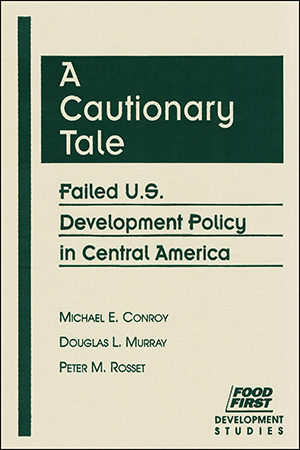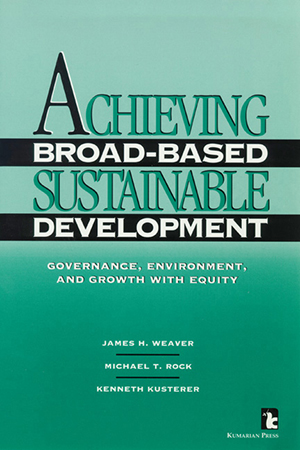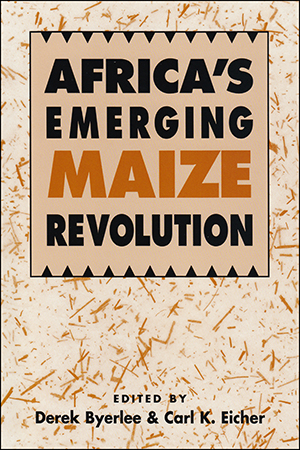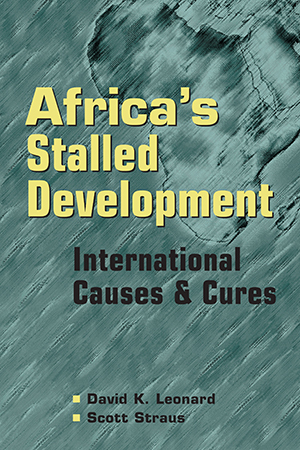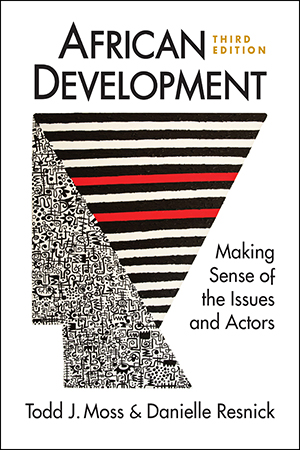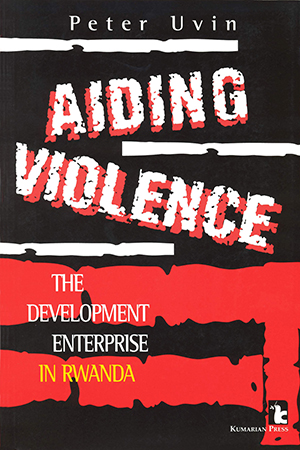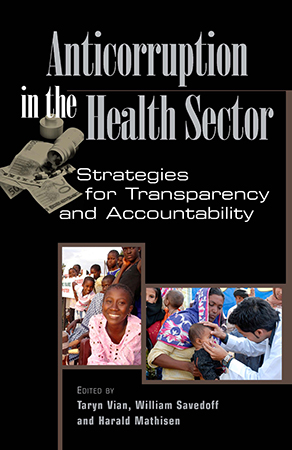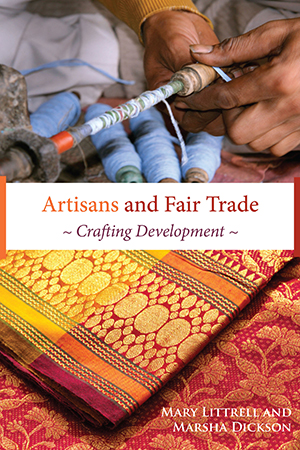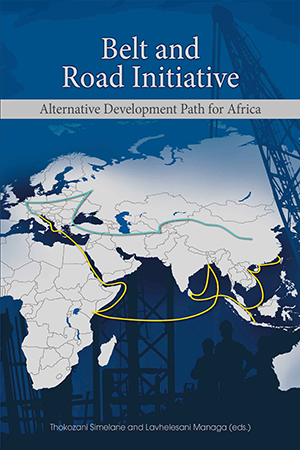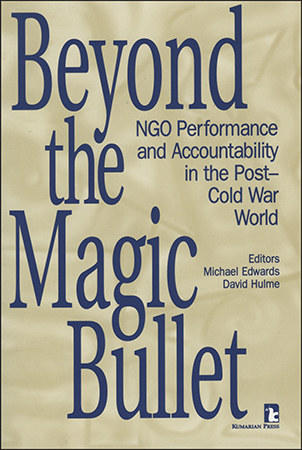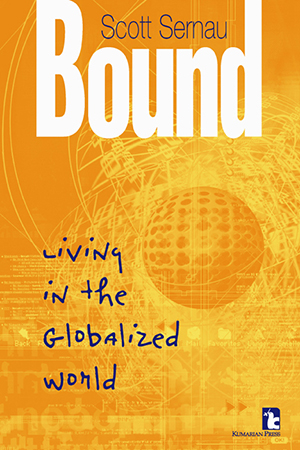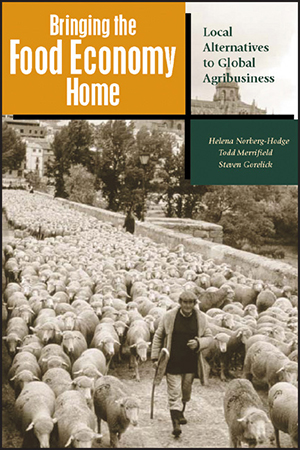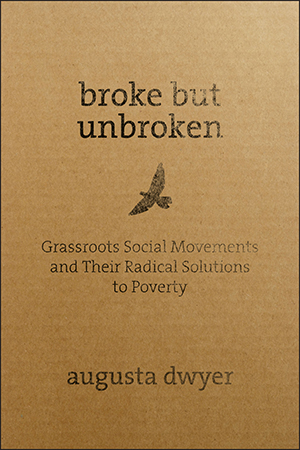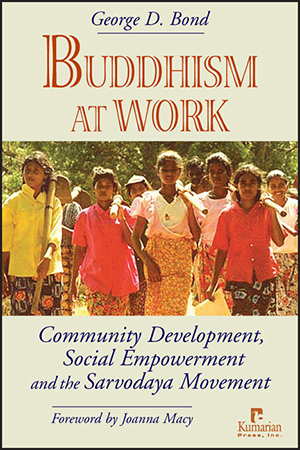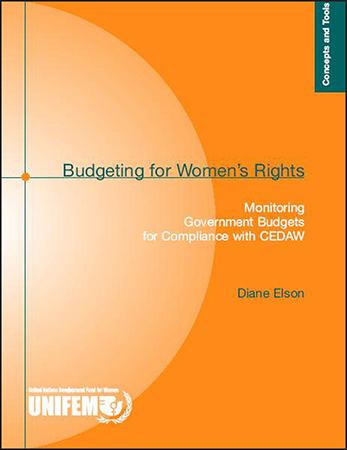Development Studies
Neither structural adjustment policies, nor industrialization, nor traditional agricultural exports have led to sustained economic growth and social equity in Central America. Seeking to More >
Achieving Broad-Based Sustainable Development presents a holistic approach to development that extends beyond the narrow goal of economic growth. The authors provide a thoroughly More >
Although relatively new to Africa, maize has recently replaced cassava as the continent's most important food crop, and increased maize production has the potential of helping to reverse More >
This thoughtful discussion probes the international roots of Africa's civil conflicts and lackluster economies. Analyzing an unwitting system that creates a set of incentives inimical to More >
Both authoritative and accessible, African Development introduces the issues, actors, and institutions at play in development trajectories across sub-Saharan Africa. This new edition, More >
Winner of the African Studies Association’s Herskovits Award! Aiding Violence expresses outrage at the contradiction of genocide in a country considered at the time by Western aid More >
A brief, readable field guide, Anticorruption in the Health Sector brings practical experience to bear on anticorruption approaches tailored specifically to health. The contributors, all More >
After agriculture and tourism, artisan work provides the next most significant source of income in many developing countries. Yet, there is strong disagreement among both politicians and More >
At the heart of China's Belt and Road Initiative lies the creation of not only an economic land belt linking countries on the original Silk Road through Central Asia, the Middle East, More >
Beyond the Magic Bullet offers a thorough assessment of the roles, performance, and accountability of NGOs and grassroots organizations in international development assistance. Drawing on More >
In his accessible, straightforward introduction to one of the key issues of our time, Scott Sernau explores the trends and practices have brought us to this new global century and then More >
If the many social, environmental, and economic crises facing the planet are to be reversed, argue the authors of Bringing the Food Economy Home, local food economies must be rebuilt. Their More >
Arguing that poverty reduction as envisioned by Western governments and aid agencies is little more than a perpetuation of colonial attitudes, Augusta Dwyer explores the extraordinary More >
In Buddhism at Work, George Bond explores the vision and evolution of Sri Lanka's Sarvodaya Shramadana movement—now an international movement and NGO—whose individual and More >



